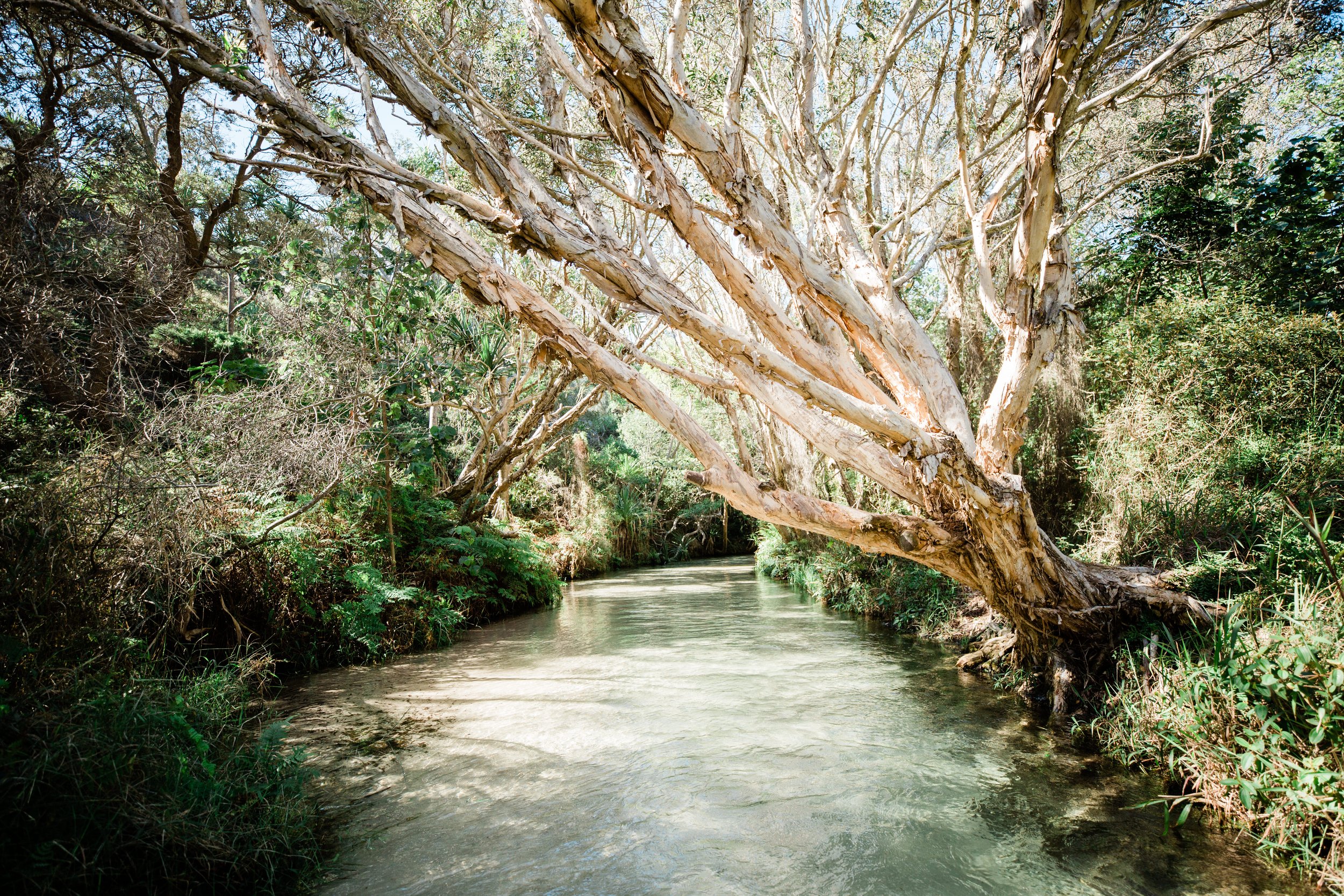
Island Life
K’gari (formerly Fraser Island) stretches over 123 kilometres in length and 22 kilometres at its widest point. With an area of 184 000 hectares, it is the largest sand island in the world.
K’gari's World Heritage listing ranks it with Australia's Uluru, Kakadu and the Great Barrier Reef. The island is a precious part of Australia's natural and cultural heritage and is protected for all to appreciate and enjoy.
K’gari is a place of exceptional beauty, with its long uninterrupted white beaches flanked by strikingly coloured sand cliffs, and over 100 freshwater lakes, some tea-coloured and others clear and blue all ringed by white sandy beaches. Ancient rainforests grow in sand along the banks of fast-flowing, crystal-clear creeks.
K’gari is the only place in the world where tall rainforests are found growing on sand dunes at elevations of over 200 metres. The low "wallum" heaths on the island are of particular evolutionary and ecological significance, and provide magnificent wildflower displays in spring and summer.
The immense sand blows and cliffs of coloured sands are part of the longest and most complete age sequence of coastal dune systems in the world and they are still evolving. They are a continuous record of climatic and sea level changes over the last 700, 000 years. The highest dunes on the island reach up to 240 metres above sea level.
The Great Sandy Strait, separating K’gari from the mainland, is listed by the Convention on Wetlands of International Importance (Ramsar Convention).
The wetlands include: rare-patterned ferns; mangrove colonies; sea-grass beds; and up to 40,000 migratory shorebirds. Rare, vulnerable or endangered species include dugongs, turtles, Illidge's ant-blue butterflies and eastern curlews.